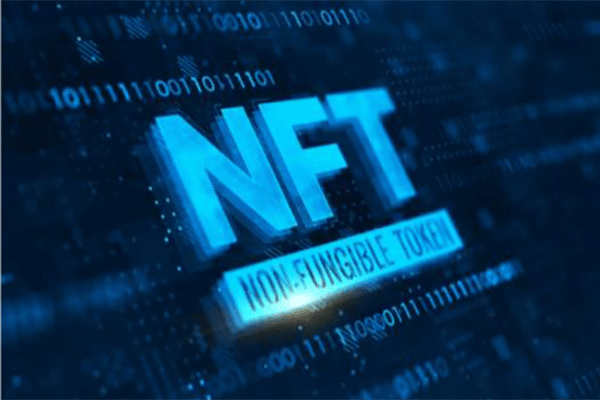|
RCBJ-Audible (Listen For Free)
|
Investors Should Research Provenance Of Art; Check Federal Copyright Database
By Judith Bachman
Like the allure of day trading a decade ago or meme stocks a year ago, everyday investors are searching for the next craze; they seem to have found it in the digital art form known as NFTs. But while headlines abound with stories of overnight riches for NFTs, the untested legal issues at hand warrant caution for the novice.
 To begin with, an NFT or non-fungible token is a unit of data stored on a digital ledger which is associated with either a digital file or a physical object. Each NFT can be sold on a digital market. Unlike Bitcoin, which is interchangeable currency, each NFT represents a different, unique link, with its own value. The ownership of each NFT is verified through the digital ledger (also called a blockchain).
To begin with, an NFT or non-fungible token is a unit of data stored on a digital ledger which is associated with either a digital file or a physical object. Each NFT can be sold on a digital market. Unlike Bitcoin, which is interchangeable currency, each NFT represents a different, unique link, with its own value. The ownership of each NFT is verified through the digital ledger (also called a blockchain).
To understand the value of a particular NFT, an investor must first understand what exactly they are buying. NFTs can entail the sale of the full copyright in the digital artwork; with the full copyright the buyer would have the sole right to further exploit the work, e.g., copy it, resell it, make a new work based on it. But, more commonly, NFTs do not always involve a transfer of intellectual property in the asset with which it is associated. The buyer of an NFT might receive a license only. Meaning that the only thing a buyer of the NFT may be getting is a link to view the art without any right to do more with the asset. It would leave the original owner (and holder of the copyright) of the NFT free to sell more NFTs of the same work.
In addition to the uncertainty as to what an NFT investor is actually buying, there can be uncertainty as to the rights that the seller had to the art in the first place. While the digital ledger will show a potential NFT buyer the NFT originated from the artist’s account, it does not verify the artwork was legitimate in the first place. If that artwork, for example, contains elements copied from another artist, then the buyer of that NFT has bought a link to a work that is copyright infringing. That NFT would be worth nothing, and worse yet, could expose the buyer to a claim of copyright infringement if the buyer attempts to resell it (even if done innocently).
It seems that the new world of NFTs harkens back to the age-old Latin warning — caveat emptor – – let the buyer beware. Before seriously considering an investment in NFTs, research the provenance of the piece including checking the federal copyright database. Until the legal ecosystem catches up with NFTs and other crypto assets, everyday investors would do well to proceed with caution.
Judith Bachman is the founder and principal of The Bachman Law Firm PLLC in New City. judith@thebachmanlawfirm.com 845-639-3210, thebachmanlawfirm.com







